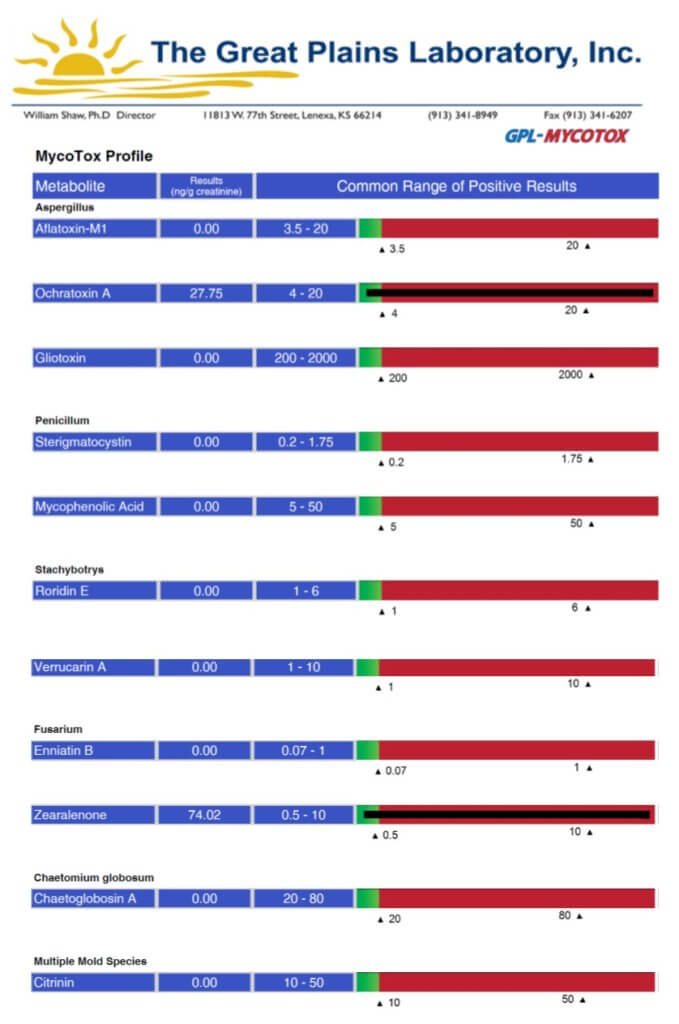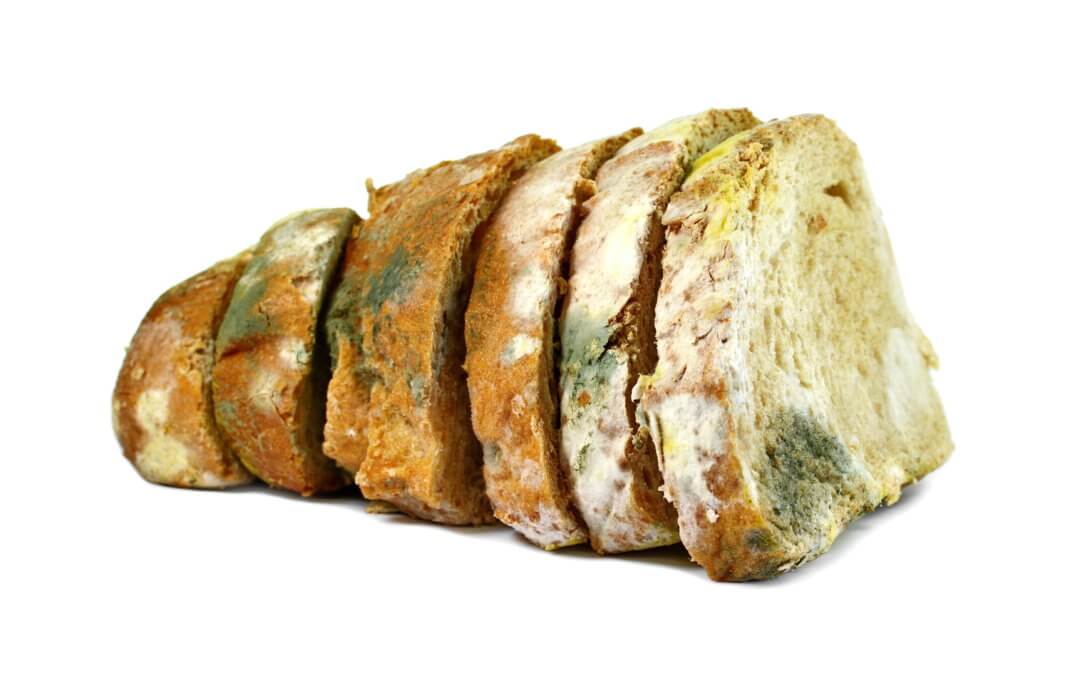What is Mold and How Does it Cause Illness?
Mold is a type of fungi that relies on degradation of carbon-based material to sustain life. Mold is notable for it’s ability to reproduce via spores that are highly temperature and pressure-resistant. Mold spores survive for long periods of time in harsh conditions until the spores finds an environment suitable for colonization. Mold loves warm, humid/moist environments that contains lots of dead organic material to feed on.
Mold toxicity or mold illness is generally thought to be a result of mold colonizing the GI tract or the sinuses. Once a species of mold colonizes these areas, it will produce “mycotoxins”, which are highly toxic to all cells and tissues of the body.
Symptoms of Mold Toxicity
- Weight gain / Metabolic Dysfunction
- Getting sick often (immunosuppression)
- Brain fog
- Musculoskeletal pain
- Memory problems
- Hormone imbalances
- Sleep disturbances
- Muscle cramping
- Numbness/tingling
- Headaches/Migraines
- Vertigo
- Tremors
- Nerve pain (neuralgia)
- Sinus problems, asthma
- Metallic taste
- Light sensitivity
- Mood swings
- Confusion
- Excessive thirst
- Abdominal pain, nausea, diarrhea
- Nights sweats
- Chronic fatigue
- Fibromyalgia
Testing for Mold Toxicity
There a few different ways of testing for mold toxicity; however, we prefer to do a urine test for mycotoxins. See below sample positive MycoTox profile from Great Plains Laboratory.

Functional Medicine Strategies for Treating Mold Toxicity
- Gastrointestinal and/or sinus anti-fungal treatment. There are various herbal and pharmaceutical anti-fungal treatments that may be necessary for killing the mold in the body.
- Mycotoxin Binders. There are various treatments that will actually bind mycotoxins in the GI tract for elimination to prevent enterohepatic recirculation. Some of these include: Cholestyramine, Fiber, Activated Charcoal, and Bovine Immunoglobulins.
- Optimize GI Function. In addition to the above, optimizing the GI system in general is crucial, as the GI system itself mitigates immune system dysfunction and may promulgate chronic inflammation. Consider spore-based probiotics and/or Saccharomysis boulardii (fungal probiotic). Consider addressing leaky gut. Consider looking into food sensitivities.
- Optimize Detoxification System and Reduce Oxidative Stress. All patients with mold toxicity have a detox system that is overwhelmed, therefore strengthening the detox system is crucial for healing. Reducing oxidative stress is vitally important in this situation, as this is one of the main drivers of chronic detoxification dysfunction. Consider optimizing the iron/copper balance, antioxidant support, liver detoxifying herbs, and other detoxification strategies (infrared sauna, castor oil packs, coffee enemas, lymphatic massage, etc).

